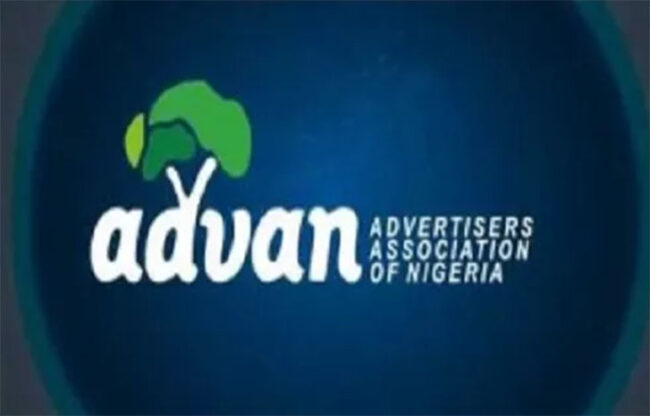The Advertisers Association of Nigeria (ADVAN) has said that its decision to take the apex regulatory body in the nation’s advertising industry, the Advertising Regulatory Council of Nigeria (ARCON), to court is to challenge some of the aspects of the agency’s new law, which it described as ‘clearly unconstitutional in their provisions.
The Executive Council of the association, in a statement tagged ‘Reason for Suit Against ARCON’, stated that while the association is ready to support any reform geared towards industry development and pursued within the confines of the nation’s constitution, it will, however, challenge any of such laws that infringes on the constitutional rights of the advertisers.
One of such, it stated, is the ARCON’s Remit of the Law, which it disagreed with, especially the section, which it said, gives ARCON the power to regulate advertisers.
“Here ARCON states in its new law, that it now regulates advertisers (all corporate entities that utilise advertising) even though they do not engage in the business of advertising. ADVAN is asking the court to clarify if a regulator can move beyond its mandated regulatory jurisdiction, to regulate the clients/ beneficiaries of services of its regulated. For instance, who does the Nigerian Bar Association (NBA) regulate? Lawyers, or clients of lawyers?
“Our understanding of regulations, globally, is that they are for those registered in an industry or profession, not the clients or beneficiaries of the services, as the ARCON law has stated,” the association argued.
ADVAN also queried the regulatory body’s definition and interpretation of advertising, describing it as incorrect since it tends closely to the definition of marketing.
“ADVAN is asking the court to clarify if a regulatory institution can change globally-accepted definitions and terminologies, arbitrarily, without recourse,” it stated.
Another axe that the association has to grind with ARCON is its setting up of the Advertising Offences Tribunal, describing it as an attempt to create extrajudicial system under an executive arm of government.
“Nigeria as a democratic entity has clear separation of powers between the different arms of government. For a regulatory body to set up a tribunal with powers to hear, try and pass judgment is clearly in breach of the constitution of the nation. A regulator cannot, by any definition, take the place of the courts,” it argued.
ADVAN also queried the ‘powers of the council’ to investigate and compel public and private organisations to produce advertising and marketing communications-related information, have access to books, including financial records of organisations licensed by the council, among others.
The above section, it argued, interferes with the right of advertisers to conduct legal private business.
“ADVAN is asking the court to clarify if a regulator of private business practice can demand access to financial records without a court order,” it stated.
ADVAN also argued against the newly introduced Advertising Industry Standards of Practice (AISOP), which, it stated, determines commissions and payment terms for advertisers, arguing that payment terms, globally, are not by legislation, but under private contractual terms.
“ADVAN has researched payment methods globally, and findings from this research show that there are no legislations around contract and payments terms for stakeholders within an industry,” it stated.
READ ALSO FROM NIGERIAN TRIBUNE






